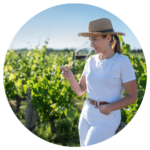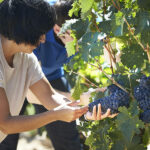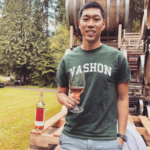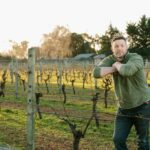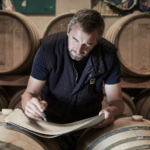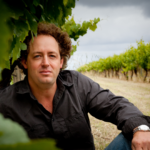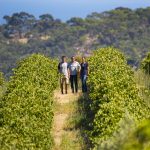Recent Offers
In Conversation With… Edi Simčič
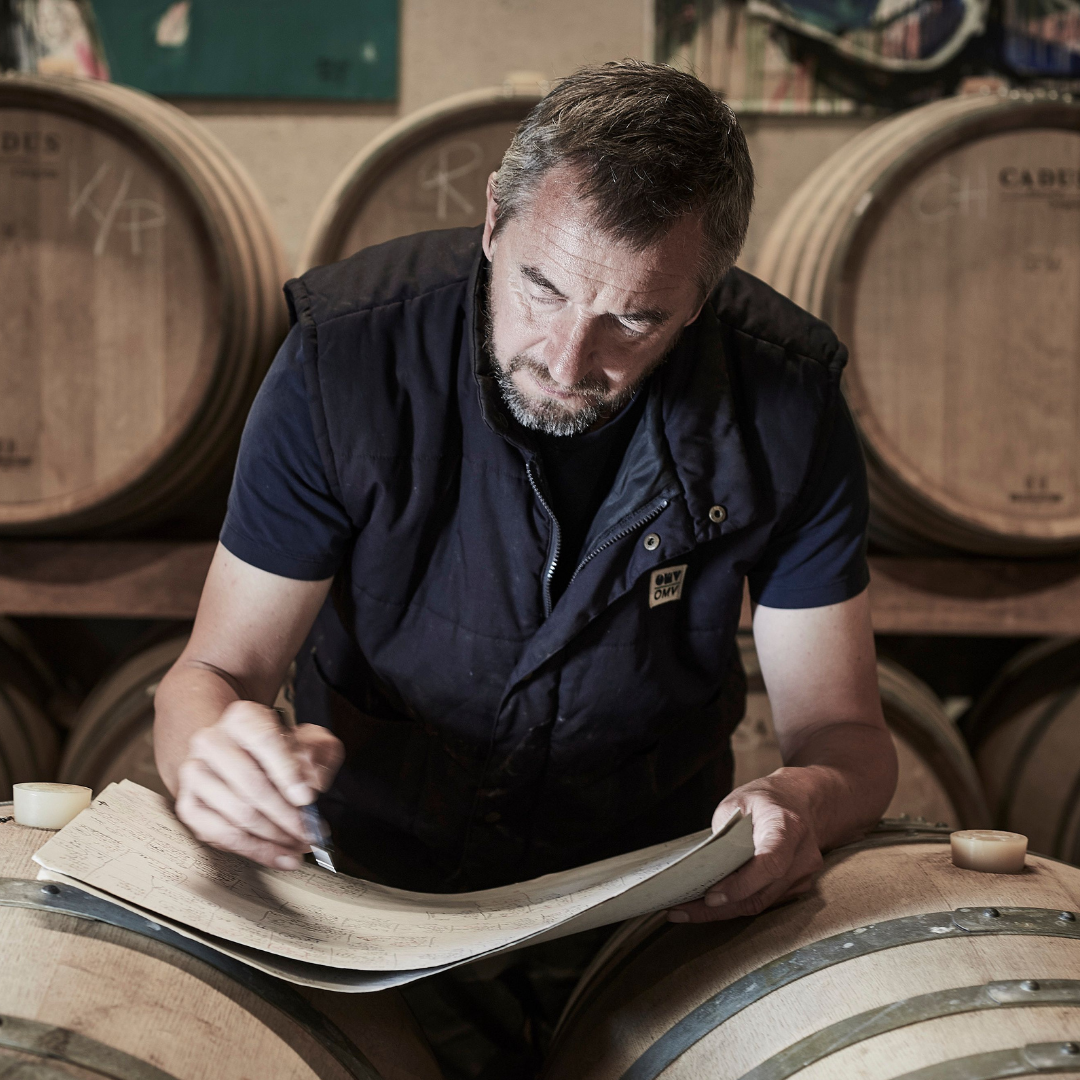
In Conversation with Aleks Simčič of Edi Simčič
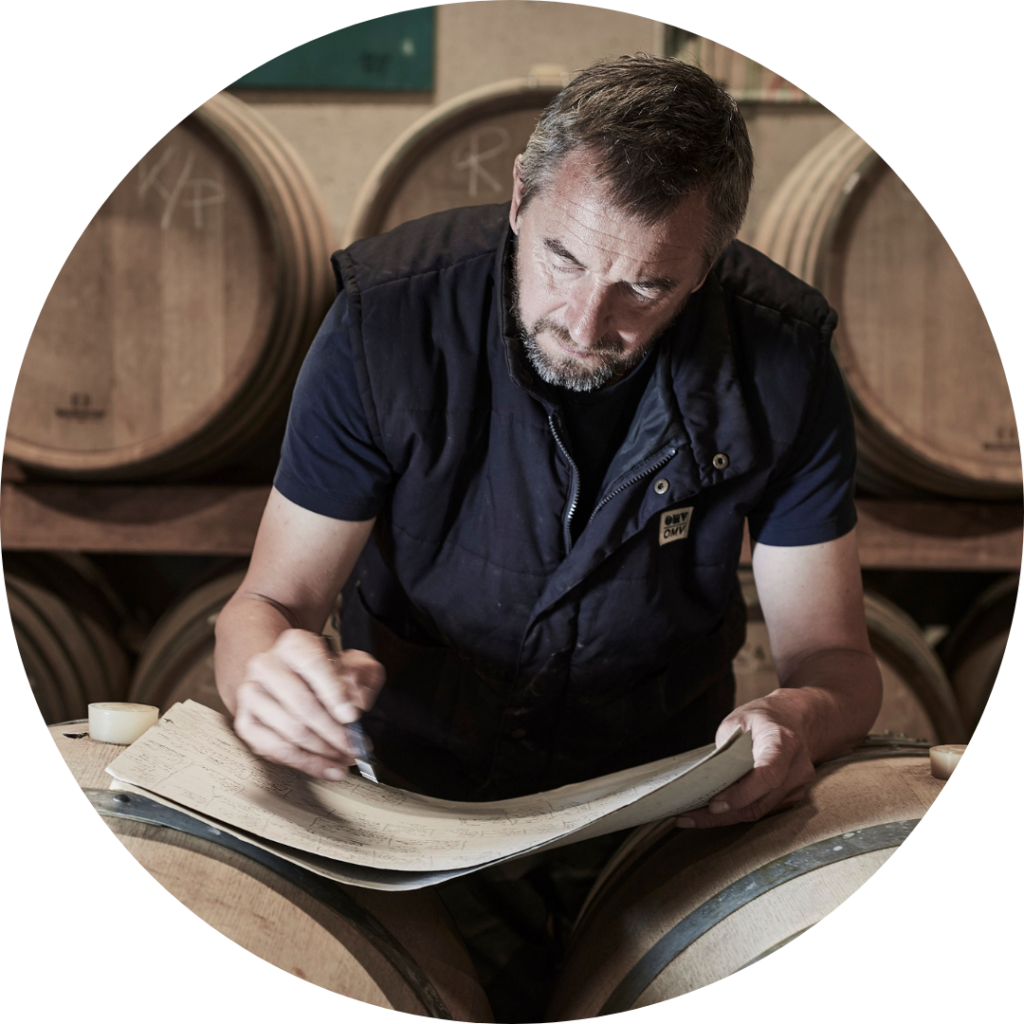
You may have seen this familiar name at our recent Portfolio Tasting; widely considered to be one of the best wineries in Slovenia, Edi Simčič’s wines are truly unique, stoically traditional and proudly Slovenian.
Three generations are still at work here, passing knowledge and experience from father to son every day.
Edi himself is still very much a key character at the centre of the business, with his son Aleks working alongside him and taking the winery into a new era, while Aleks’ two sons learn their trade to take up the family mantle one day.
The winery has been in your family for several generations. What are your fondest memories of growing up amongst the vineyards?
I remember the enthusiasm and energy during harvest even after a whole season of hard work. My grandmother used to prepare late lunches in the afternoon for the family, I remember those well, too. My memories of how the grapes were vinified using the old manual grape crusher and press are all still very much alive, I tend to view these with a romanticised perspective.
Did you explore other opportunities as well or did you feel destined to work in wine, given your family history with the vines?
How would you describe your winemaking approach and the style of your wines?
How has your winemaking style changed over time?
What makes your land and the terroir in Goriška Brda unique?
What is the most important thing you have learned along the way?
I have learned the importance of respecting nature and how necessary it is to approach each season as a unique process. I am always learning how to manage the vineyards, mitigate the stress in the vines, and bring to the cellar balanced and fully mature grapes.
What have been the biggest challenges in recent vintages?
An increase in temperatures has been stressing the vines, so we work intensively to minimise those effects. For example: we do not trim the vines especially in a hot period where there is potential lack of water, we don’t cut the grass in the vineyards in July or August to protect the soil against heat as more leaves will protect grapes against sunburn.
From your range, do you have a favourite wine?
We are proud of Rebula as a local variety, but for me, my favourite wines are the ones which achieve perfect evolution over time and express the pure potential of our area.
How old are your oldest vines, and do you have any new plantings?
Our oldest vineyard of Cabernet Franc was planted in 1974, we have vineyards from the end of 1980’s and early 1990’s, and we have new plantings from this year and last year.
Do you have any new projects in the pipeline that you can share with us?
Last year, we planted a local variety, Schioppettino. It has the potential to produce a red wine with lots of elegance and low extraction.
How is the 2022 vintage shaping up?
So far, very good. High temperatures in the last three weeks have created very fast growth and accelerated flowering.
When you are not drinking your own wines, what else do you enjoy?
When I am not drinking our own wines, I turn to Champagne, Pinot Noir from Burgundy, Loire Sauvignon Blanc and Chenin Blanc, and wines from Priorat. In general, I like to discover new wines.

